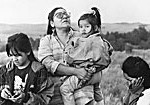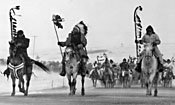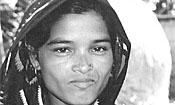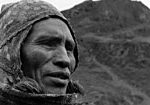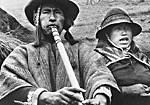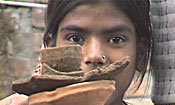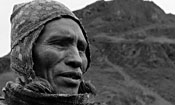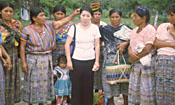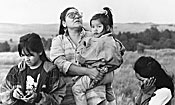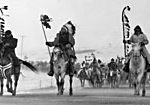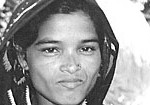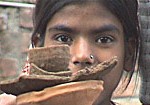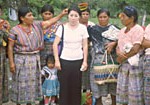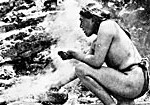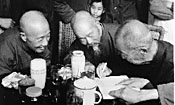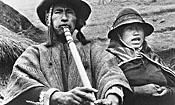California’s “Lost” Tribes
Product Description
The 1987 Supreme Court decision to open up Indian gaming nationwide had as dramatic an economic impact on the lives of California’s Indian tribes as the occupation in 1969 of Alcatraz Island had on their cultural identities. In a few short years, California Indians went from being the poorest people in the state to among the richest, and from being virtually invisible to being the state’s most powerful political lobby. For the Cabazon and Morongo tribes of Southern California, the plaintiffs in the landmark Supreme Court case, the wealth they have achieved through gambling casinos was unimaginable.
Years of excruciating poverty have not been lost on three-time chairwoman Mary Ann Andres of the Morongo tribe, whose reservation is near Palm Springs. She remembers the dirt floor shack of her childhood and the impossibility of dreaming of the wealth the tribe now holds. For Viejas tribal Chairman Anthony Pico, the abundance of today harks back to the times before contact with Europeans. But now, the state is trying to charge a gaming tax greater than the standard corporate rate, a challenge to the newly found abundance of California’s tribes.
For the Colusa Tribe of Wintu, the largest employer in Colusa county, income from gaming operations have made possible the opening of the only dialysis center to service both native and non-native populations in the county. Its closure, and that of the tribal-funded Wellness Center, may result from the high taxes Governor Schwarzenegger wants to impose on all gaming tribes, both large and small.
California’s “Lost” Tribes explores the conflicts over Indian gaming and places them in the context of both California and Native American history. The film examines the historical underpinnings of tribal sovereignty and the evolution of tribal gaming rights over the last 30 years. It illustrates the impact of gaming on Indian self-determination, and the challenges that Native people face in defining the identity of their people for the future.
The film also provides insight into the thinking and motivation of those who oppose the expansion of Indian gaming. Concern over gaming in California is especially heightened by the development of rural lands for casinos, often placing tribes at odds with organic farmers and tract-home developers as stakes are claimed in the rush for the state’s last rural lands.
California’s “Lost” Tribes is essential viewing in a variety of courses in sociology, American studies, Native American studies, and ethnic studies. It was directed by Jed Riffe, co-producer and director of the renowned documentary, Ishi, the Last Yahi, and co-produced by Jack Kohler (Yurok, Karuk, and Hupa).


